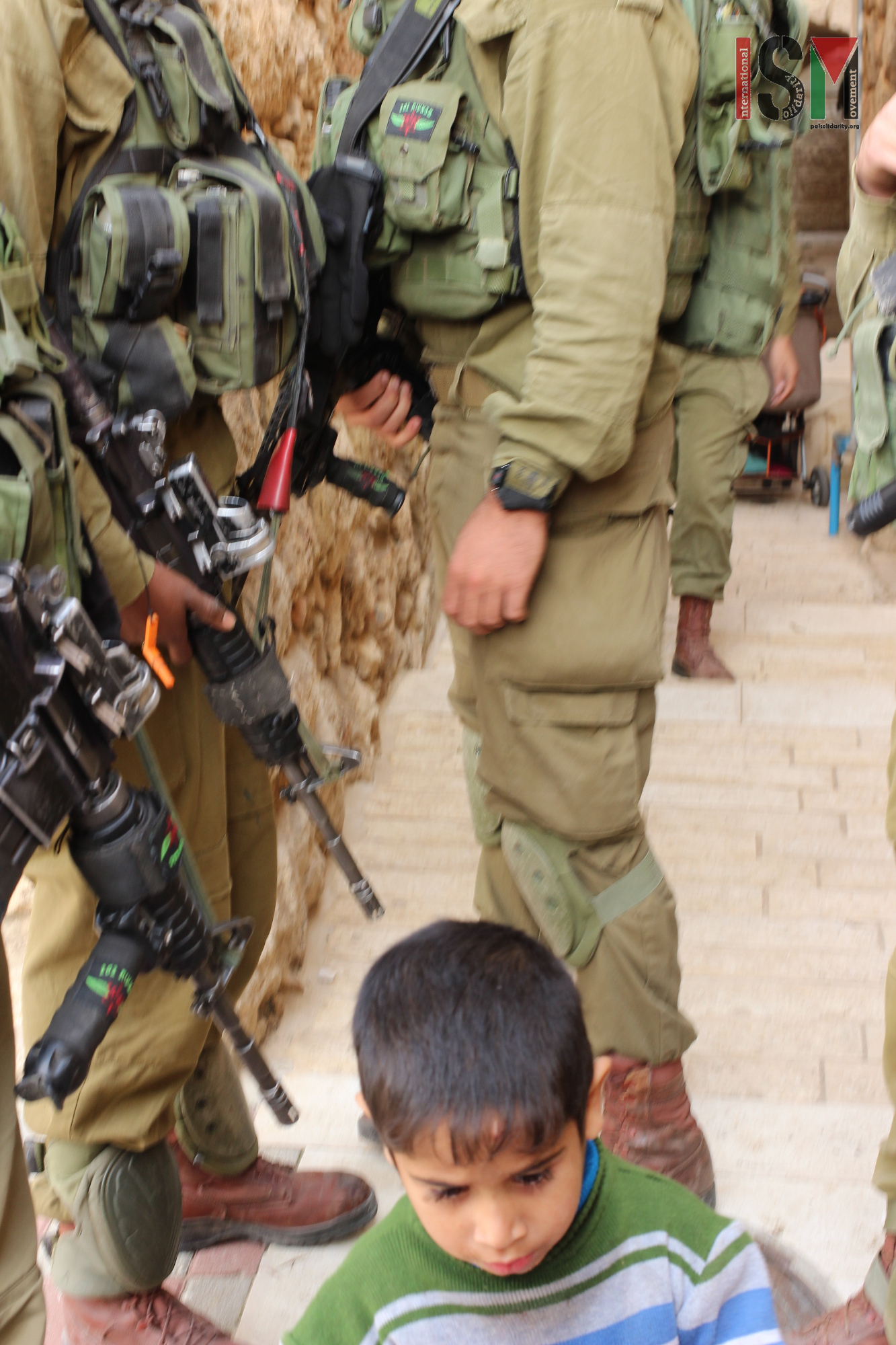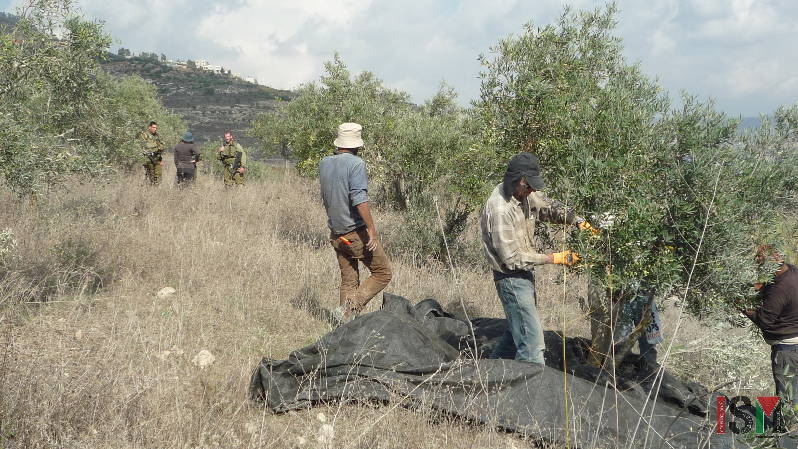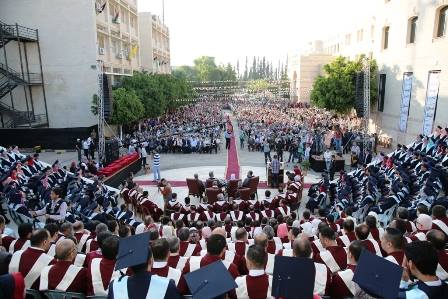-
Israeli forces terrorizing Palestinian neighbourhood on a daily basis
19th November 2015 | International Solidarity Movement, al-Khalil team | Hebron, occupied Palestine Monday, 16th November 2015, Israeli forces raided and searched at least ten houses in the Abu Sneineh neighbourhood in occupied al-Khalil (Hebron). Israeli forces entered several homes in the neighbourhood, trapping women, children, and whole families inside. This has been an almost […]
-
Israeli army forces farmers and international off their land near Huwarra
November 18th 2015 | International Solidarity Movement, Huwarra Team | Huwarra, occupied Palestine On Wednesday, November 18th, 2015, Israeli forces stopped Palestinian farmers with Meta Peace Team, ISM and Rabbis for Human Rights volunteers claiming that they did not have a valid permit for that day. The group had been picking olives just up the […]
-
Al-Kadoorie: the only university in the world with a military training zone inside its campus
November 18th 2015 | International Solidarity Movement, Huwara Team | Tulkarm, occupied Palestine On the 17th of November, in a meeting in the University of Al Kadoorie, in the city of Tulkarm, the institution’s Director of Public Relations, Mr. Azmi Saleh, and a group of students described the recent human rights violations that the Israeli […]
Action Alert An Nabi Saleh Apartheid Wall Arrests BDS Bethlehem Bil'in Cast Lead Demonstration Denial of Entry Ethnic Cleansing Farmers Gaza Global Actions Hebron House Demolition International law Israeli Army Jerusalem Live Ammunition Nablus Ni'lin Prisoner Ramallah Rubber-coated steel bullets Settlement Settlers Settler violence Tear-Gas Canister Video



